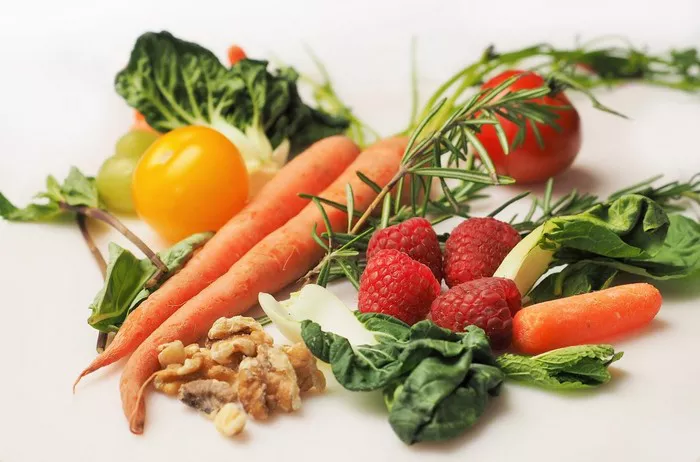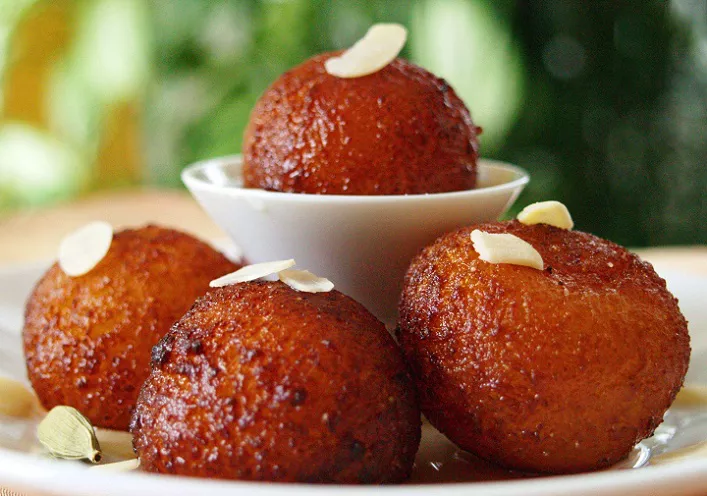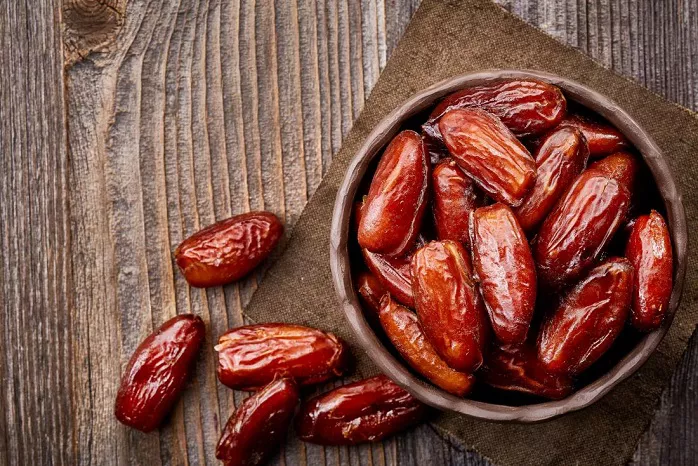During pregnancy, making healthy food choices is crucial for the well-being of both the mother and the developing baby. While it’s important to maintain a balanced diet, there are certain foods that pregnant women should avoid due to potential risks to the pregnancy. In this article, we’ll explore what pregnant women should not eat to ensure a safe and healthy pregnancy.
1. High-Mercury Fish
Shark, Swordfish, King Mackerel, Tilefish: These large predatory fish can contain high levels of mercury, which can harm the developing nervous system of the fetus. Pregnant women should avoid them.
Limit Tuna: While canned light tuna is lower in mercury, pregnant women should limit their intake to ensure mercury exposure stays within safe levels.
2. Raw or Undercooked Seafood and Eggs
Raw Seafood: Raw seafood, including sushi and oysters, can carry harmful bacteria and parasites that can cause foodborne illnesses. It’s best to avoid raw seafood during pregnancy.
Undercooked Eggs: Eggs should be fully cooked to minimize the risk of salmonella infection. Avoid dishes that contain raw or undercooked eggs, such as homemade Caesar salad dressing or hollandaise sauce.
3. Deli Meats and Unpasteurized Dairy
Deli Meats: Deli meats like ham, turkey, and salami can be contaminated with listeria, a bacterium that can lead to serious infections during pregnancy. Heating these meats until steaming hot can help reduce the risk.
Unpasteurized Dairy: Unpasteurized milk, soft cheeses (e.g., feta, Brie, and Camembert), and certain dairy products may contain harmful bacteria like Listeria or E. coli. Opt for pasteurized dairy products to minimize risks.
4. High-Caffeine Beverages
Excessive Caffeine: While moderate caffeine intake is generally safe during pregnancy (up to 200-300 mg per day), excessive caffeine consumption should be avoided as it may increase the risk of preterm birth and low birth weight. Be mindful of caffeine in coffee, tea, energy drinks, and soda.
5. Alcohol
Alcohol: Alcohol can have harmful effects on the developing fetus and is best avoided altogether during pregnancy. Fetal alcohol spectrum disorders (FASD) can result from prenatal exposure to alcohol, leading to developmental and cognitive issues.
6. Unwashed Produce and Sprouts
Unwashed Produce: Fruits and vegetables should be thoroughly washed to remove potential contaminants like bacteria and pesticides.
Sprouts: Raw sprouts (e.g., alfalfa, clover, and mung bean sprouts) are susceptible to bacterial contamination and should be avoided unless cooked thoroughly.
7. Excess Vitamin A
Vitamin A Supplements: High doses of vitamin A from supplements, especially in the form of retinol, can be harmful to the developing fetus. Avoid excessive vitamin A supplementation during pregnancy.
Conclusion:
Pregnant women should prioritize their nutrition and avoid certain foods to protect the health of both themselves and their babies. A well-balanced diet that includes a variety of fruits, vegetables, lean proteins, whole grains, and dairy products can provide essential nutrients for a healthy pregnancy. Consulting with a healthcare provider or registered dietitian can help pregnant women make informed dietary choices and ensure a safe and successful pregnancy.
























